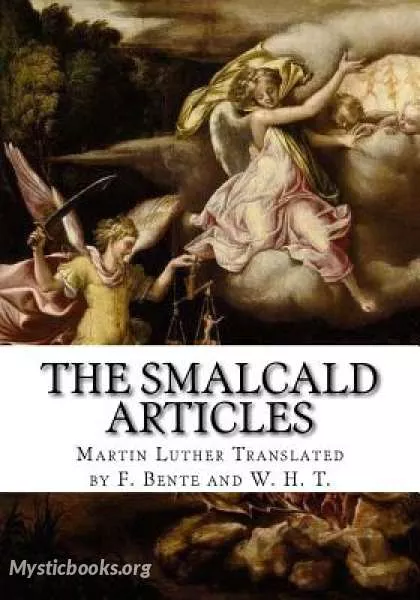
The Smalcald Articles
'The Smalcald Articles' Summary
Luther's patron, Elector John Frederick of Saxony, asked him to prepare these articles for the Schmalkaldic League's meeting in 1537, held again in Schmalkalden. The League had been organized in 1531 as a union of various Lutheran territories and cities, to provide a united military and political front against Roman Catholic politicians and armies, led by Emperor Charles V.
When the Schmalkaldic League met, Luther was taken very ill with a severe case of kidney stones and so was unable to attend the meeting. The league ultimately determined not to adopt the articles Luther had written. They were influenced not to adopt the Smalcald Articles by Philipp Melanchthon, who was concerned that Luther's writing would be regarded as divisive by some. Melanchthon was asked to write a clear statement on the papacy and this he did, a document that was adopted at the meeting as the Treatise on the Power and Primacy of the Pope.
In the Smalcald Articles, Luther summarized what he regarded to be the most important teaching in Christianity. The Articles were highly prized by John Frederick who ordered that they be made a part of his last will and testament. And though they were not adopted at the meeting of the Schmalkaldic League in 1537, most of the theologians present at that meeting subscribed to it. Parts of Hesse accepted them as confessional writing in 1544 and in the 1550s, the Smalcald Articles were used authoritatively by many Gnesio-Lutherans as well as being incorporated into “corpora doctrinae” during the following 20 years. In 1580, it was accepted as a confessional document in the Book of Concord.
Book Details
Language
EnglishOriginal Language
GermanPublished In
1537Authors
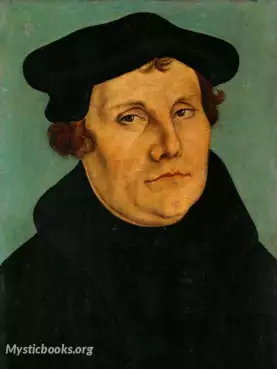
Martin Luther
Holy Roman Empire
Martin Luther was a German professor of theology, priest, author, composer, Augustinian monk, and a seminal figure in the Reformation. Luther was ordained to the priesthood in 1507. He came to reject...
Books by Martin LutherDownload eBooks
Listen/Download Audiobook
- Select Speed
Related books
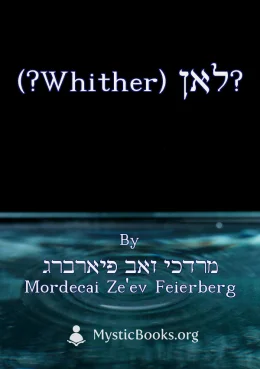
?לאן (Whither?) by מרדכי זאב פיארברג Mordecai Ze'ev Feierberg
Whither? is a novel by Mordecai Ze'ev Feierberg, a Jewish writer from Russia, published shortly after his death in 1899. It follows the story of a you...
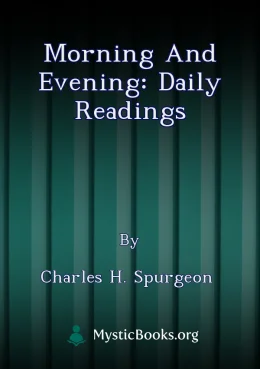
Morning and Evening: Daily Readings by Charles H. Spurgeon
This book, compiled by the renowned preacher Charles H. Spurgeon, offers daily devotional readings for every day of the year. Each entry consists of a...
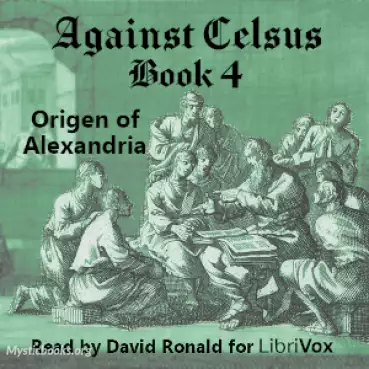
Against Celsus Book 4 by Origen of Alexandria
Against Celsus, preserved entirely in Greek, is a major apologetics work by the Church Father Origen of Alexandria, written in around 248 AD, counteri...
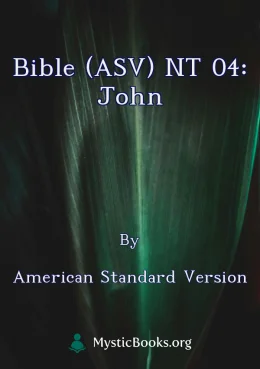
Bible (ASV) NT 04: John by American Standard Version
The Gospel of John, (literally, According to John; Greek, Κατά Ιωαννην, Kata Iōannēn) is the fourth gospel in the canon of the New Testament, traditio...
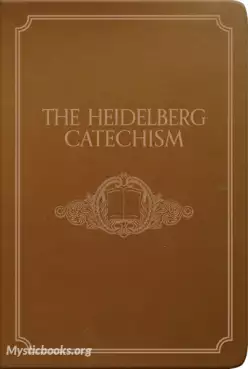
The Heidelberg Catechism by Zacharias Ursinus
The Heidelberg Catechism, one of the Three Forms of Unity, is a Protestant confessional document taking the form of a series of questions and answers,...

First Christmas Tree by Henry Van Dyke
A heartwarming folk tale about the origins of the Christmas tree, blending pagan and Christian traditions to convey the message of hope, renewal, and...

Prayer: Its Necessity, Its Power, Its Conditions by Ferreol Girardey
Redemptorist Father Ferreol Girardey's book, which bears an imprimatur, is a broad introductory treatise on the subject of prayer. He discusses the po...

A Word to the Weary by William S. Plumer
This is a captivating and uplifting book that offers comfort, encouragement, and guidance to those who find themselves weary and burdened by life's ch...

George Müller of Bristol by Arthur T. Pierson
This book details the extraordinary life of George Müller, a 19th-century philanthropist who dedicated his life to serving orphans and demonstrating t...
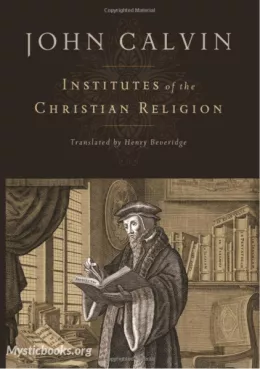
Institutes of the Christian Religion, Books 1-4 (Allen Translation) by John Calvin
The book is structured as a systematic exploration of Christian doctrine, covering topics such as the nature of God, the role of the Bible in Christia...
Reviews for The Smalcald Articles
No reviews posted or approved, yet...